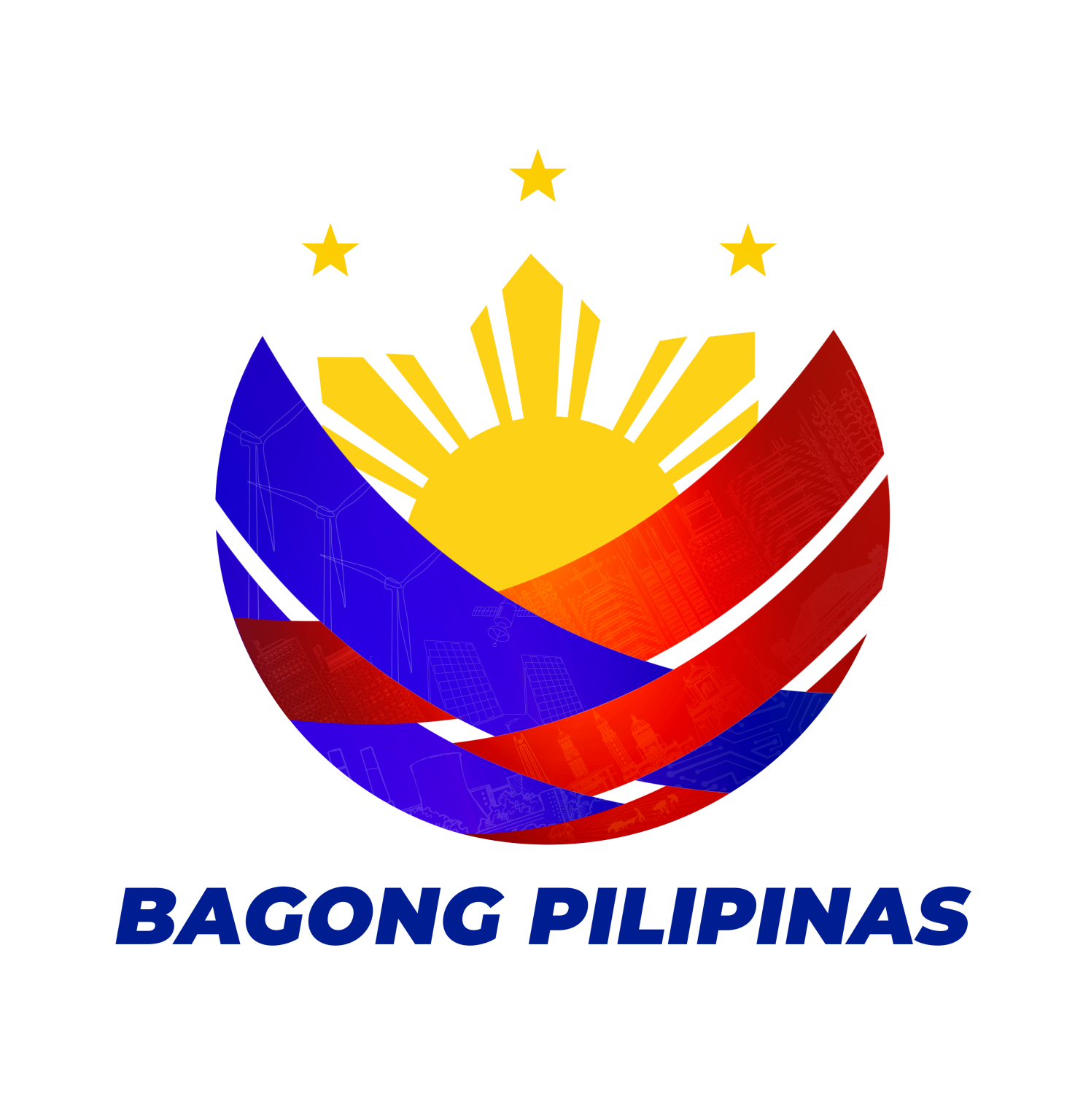The Department of Social Welfare and Development (DSWD) Field Office IX is calling all interested stakeholders such as national government agencies (NGAs), government-owned and controlled corporations (GOCCs), civil society organizations (CSOs), non-government organizations (NGOs), and the academe, among others to utilize the readily available data generated by the Listahanan project in 2019 during its third round of household assessment.
“We would like to welcome our dear partners in social development particularly those that implement poverty-reduction initiatives to use Listahanan in the formulation and implementation of their respective programs and services,” said Regional Director Riduan P. Hadjimuddin, CESO IV.
Information such as statistics and magnitude can be obtained through official data requests while a Data Sharing Agreement (DSA) or Memorandum of Agreement (MOA) is necessary if the personal information (PI) and sensitive personal information (SPI) of household members are being requested.
“We want to ensure that the data will be used only for its intended purpose/s. That is why, we need to protect the information of the identified poor households pursuant to the Data Privacy Act of 2012,” Director Hadjimuddin added.
For statistical data (including raw data), a request is to be supported by a letter to the DSWD FO IX Regional Director enumerating the data needed, the reasons for the request, and the timeline for the expected release of the data.
For requests involving PI and SPI of data subjects, the following have to be complied with:
- Letter of request addressed to the DSWD FO IX Regional Director, indicating the purpose and specific data sets expected to be acquired from the Listahanan 3 database and a reasonable timeline for the expected release of the data, accomplished DSA or MOA with the FO;
- Document indicating the appointed Data Protection Officer (DPO);
- A Privacy Manual or approved document/s on the security measures in place such as Memorandum Circulars, Department Orders which indicate the data protection procedures and processes of the office/agency in addressing breaches;
- List of identified staff who will access, process, and safeguard the Listahanan data including the purpose and the data processing to be employed;
- A picture and specification of the device which will serve as storage and data processing of the data; and
- Conduct of virtual/physical inspection meetings (depending on emerging situations).
Moreover, a Sangguniang Panlalawigan (SP) / Sangguniang Panlungsod (SP) or Sangguniang Bayan (SB) resolution is required for requesting P/C/MLGUs while an original copy of the resolution of the governing board authorizing the head of the office to enter into a DSA with DSWD is needed for NGOs, GOCCs, CSOs, and private foundations.
The DSWD reserves the right to approve and disapprove any request for data or information which, upon its assessment, the disclosure of such information or data will violate existing laws or any Department policies or guidelines.
In Region 9 or Zamboanga Peninsula, out of the 706,844 households assessed, 53.06% or 375,070 are identified as poor (as of July 2022).
On the other hand, 63% or 1,855,400 poor individuals were determined out of the 2,921,499 assessed.
This means that three out of five individuals are living in poverty.
In addition, statistics and other information on households in the Bangsamoro Autonomous Region in Muslim Mindanao (BARMM) Provinces of Basilan, Sulu, and Tawi-Tawi are also available for stakeholders.
Listahanan, also known as the National Household Targeting System for Poverty Reduction (NHTS-PR), is an information management system that identifies who and where the country’s poor are. ###


